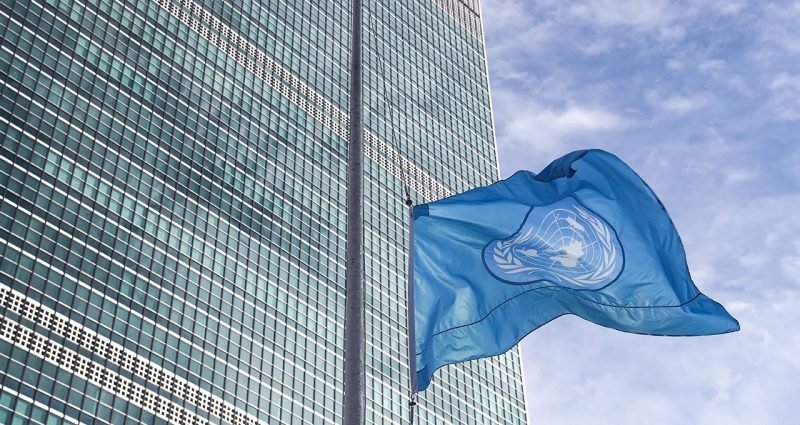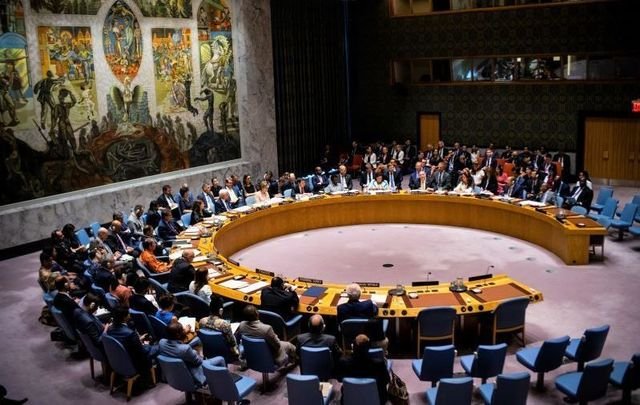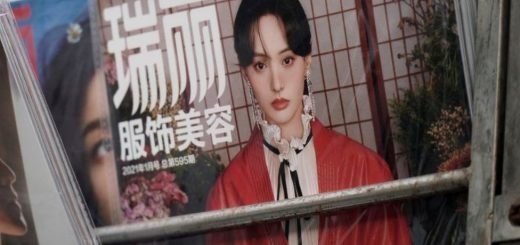Democratization of United Nations

In a recent statement to the United Nations Security Council, Ukraine President Zelensky questioned the purpose of the UN Security Council, claiming that the UN’s efforts on the Russian invasion of Ukraine were futile. It is high time as there is an urgent need for the security council reform, to tackle the current global security threats. The changing nature of the international system in the 21st century is characterized by the shift from uni-polarity to multipolarity, structural changes like the increase in world population and the rise of developing and third world nations. All of these led to the demand for the democratization of the U.N.O. by the expansion of membership in the U.N.S.C. Such a demand became prominent because the current composition of the U.N.S.C. failed to represent the current geopolitical condition. Security Council is the significant organ of the U.N., and the persistent need to expand the membership and make it a body that represents the contemporary world will be instrumental in solving the conflicts in the international sphere.
The U.N Charter empowers Security Council, with the authority and power to maintain global peace and security in the international sphere. The current structure of the council consists of five permanent members and ten non-permanent members. The major problem lies with the present structure of the UNSC is that it represents only the elite class countries, and this kind of structure is not suitable for current global needs. The failure to reform the principal organ of the U.N.O and make it an underrepresented body is causing discontent among other nations. This ultimately causes an imbalance in the relationship in the power structure between the permanent members and other member countries. This undemocratic representation in U.N.S.C is questioned by many countries, and the absence of globally important and strategic countries like India, Japan, Brazil and Germany is a matter of concern.

India along with several countries mobilized together and called for the reform of the security council. Several plans of the proposal have been made for reform of the U.N.S.C from the end of the cold war. One of the main initiatives taken by Indian along with Brazil, Germany and Japan are also known as the G4 nations. The proposal presented by the G4 nations argues about the expansion of security council membership from fifteen to twenty-five, the aim of the G4 nations through the proposal is the attainment of permanent membership in the council. Even though there is unanimity among the member countries regarding the expansion of the council, nothing substantial has happened because there is hesitance in sharing power among P5 countries (Sarwar, 2011).
But the G4 nation’s permanent membership in the council was resisted and opposed by the Uniting for Consensus also known as Coffee Club, the major countries included in this informal organization are Turkey, South Korea, Pakistan, Mexico, and Italy. And this organization is instrumental in curbing the reforms to the council proposed by the G4 nations, as it only advocates for the expansion of non-permanent membership in the council. The argument put forth by the club is that expansion of permanent membership will lead to a further imbalance of power in the power relations (Cox, 2009).
Even though several state-sponsored reform proposals have been made, another problem concerning the reform of the security council is that any kind of reform can be done only with the amendment of the U.N Charter. For the amendment of the charter, the general assembly has to pass the proposed reform with a two-third majority. Then it goes to the second stage, where the amendment of the U.N Charter takes place, in this stage, it requires the ratification of two-thirds of members and this includes ratification by the permanent members. If permanent members voted against the proposed amendment in the second stage it can halt the whole reform process.
It is almost two decades since the debate regarding the reforming of the security council started, but no major change happened yet. A comprehensive and far-reaching change is needed in the council with equitable representation of member countries, making it more democratic in nature.
All of these recommendations indicate that member states agree on the need for Security Council reform. However, there is no consensus on the nature of such reform and, more importantly, on the form it could take in more specific terms, due to the disputes and resistance they generate.
None of these initiatives had the unanimous support of the permanent members, and none of them have the approval of two-thirds of the member states. In the meantime, the delay in the reforms undermines the Security Council’s power, legitimacy, and effectiveness.
REFERENCES
Cox, B. (2009). United Nations Security Council Reform: Collected Proposals and Possible Consequences. SCJ Int’l L. & Bus, 106-108.
Sarwar, N. (2011). Expansion of the United Nations Security Council. Strategic Studies, 257-279.



















